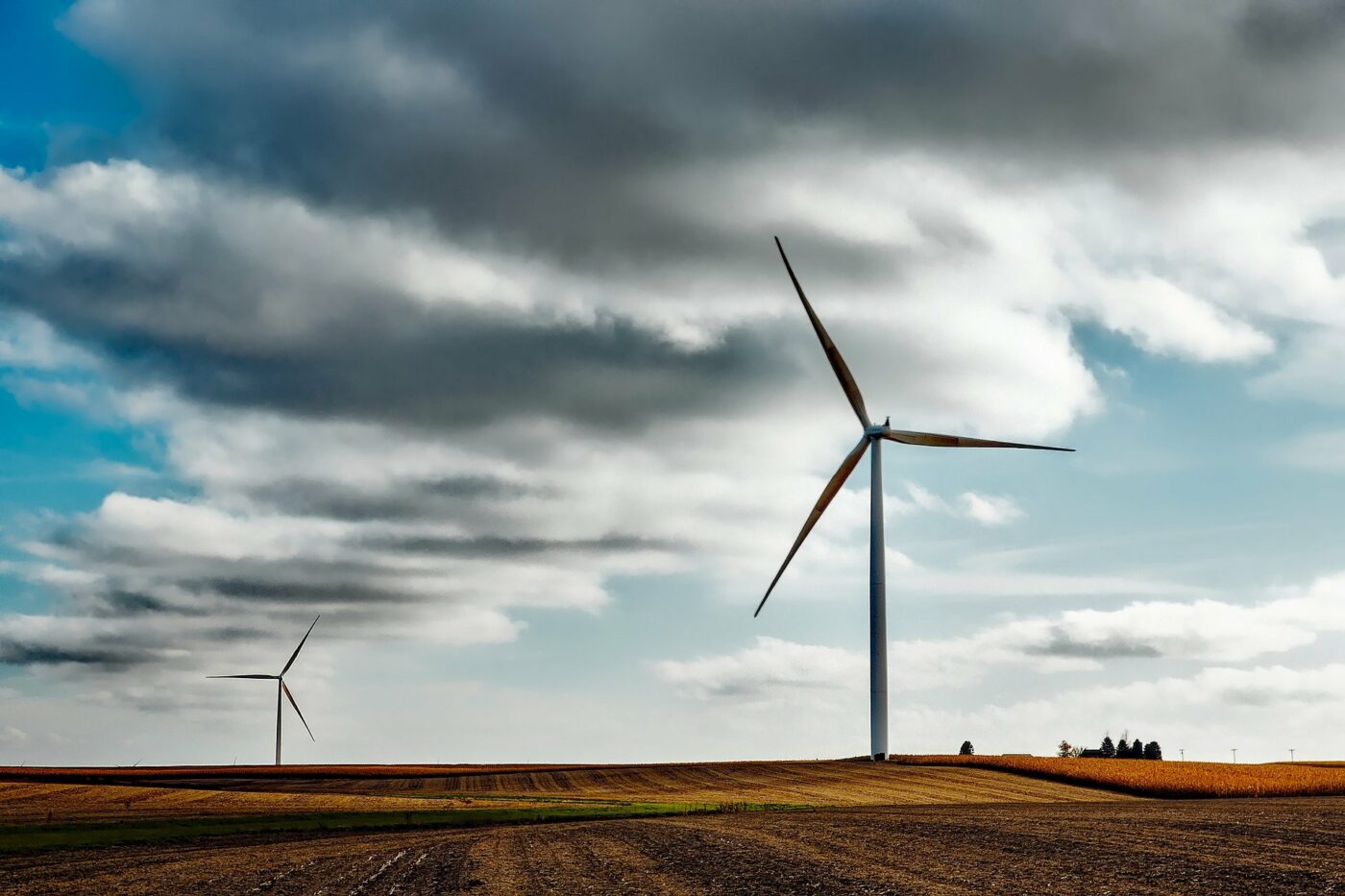
Semester in Energy and Environmental Process Engineering
IMT Nord Europe has developed a range of programs provided in English.
International students get the opportunity to study semesters totally taught in English.
Evaluations are conducted at the end of each period with dedicated exams or project defense or report.
Admissions
Syllabus
These courses aim at providing to students the fundamental knowledge about sciences and technologies related to process engineering for environment. They connect fundamentals of physical chemistry with current issues of environmental engineering. Courses bring a comprehensive understanding of physical and chemical mechanisms, such as kinetics, thermodynamics, involved in catalytic, combustion or separation processes. Therefore, skills acquired are:
- Basics for process design and optimization related to in eco-friendly systems and components,
- Optimization of processes and systems for environmental issues (air, water, etc),
- Identification of relevant physical or chemical processes for pollution treatment,
- Design of separation equipment for gas-liquid absorption.
- For an effective learning, courses combine lectures, tutorials, study cases and projects for groups of students.
These courses aim to provide the fundamentals of fluid dynamics and heat transfer. These theoretical backgrounds are those needed to handle more complex physical phenomena or systems that are found in real applications involving flows and heat transfer: renewable energy, HVAC, energy management, pollution, process engineering, etc…
Skills acquired:
- Identify, understand and solve different types of problems involving heat transfer (conductive, convective, radiative, coupled, unsteady…).
- Solve basic problems in internal and external flows. Understand the different categories of fluids and flows (multiphasic, turbulent, non-Newtonian …) and solve them using different approaches.
- Understand the diversity of complex and coupled physical phenomena through typical applications and adapted exercises.
The goal of these courses is to provide students with the basics of numerical methods and softwares enabling the resolution of problems involving flows and/or heat and mass transfer. Various real applications are dealt with in ‘project mode’: industrial processes, energy engineering, natural flows and pollutant transport…
Skills acquired:
- Master the basics of the finite volume method.
- Understand the concepts involved in Computational Fluid Dynamics (CFD): mesh, boundary conditions, physical models, convergence …
- Implement a methodology for the realization of numerical simulations using commercial software tools.
- Analyze of fluid mechanics, thermal, mixing, pollution problems …
- Introduction to hazard calculation, industrial accidents
- Understand the importance of critical analysis of results and validation of calculations.
The project mode allows students to experience project management and teamwork, under the supervision of an expert in the field considered.
Skills acquired:
- Carry out research and / or technical work in the field of Energy and Environment
- Make a bibliographical summary related to the subject dealt with
- Set up a study methodology to respond to the issues raised
- Analyze results and draw conclusions
- Write a summary report of the study.
During the whole semester, students follow a weekly 2-hour French course (specific for international students), corresponding to 2 ECTS.
